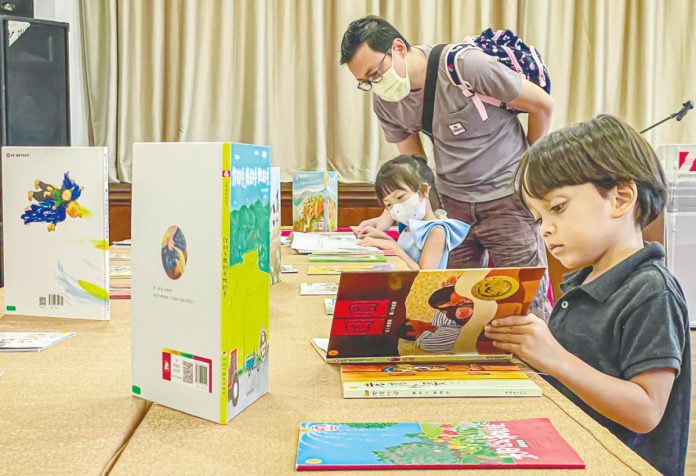IN an age dominated by screens and instant gratification, the habit of reading is slowly becoming a lost art. Yet, cultivating the reading habit remains one of the most valuable pursuits in life.
Reading not only enriches the mind but also broadens one’s worldview, deepens empathy and enhances critical thinking skills. It opens doors to knowledge, creativity and self-improvement in ways few other activities can match.
The importance of reading can hardly be overstated. From early childhood, reading plays
a crucial role in cognitive development – it builds vocabulary, strengthens comprehension and improves concentration.
For students, reading is a foundation for academic success. For adults, it serves as a tool for lifelong learning and professional growth. Beyond academics, reading helps people make informed decisions and engage meaningfully with the world around them.
One of the greatest benefits of reading is its power to transport the reader into different
times, cultures and perspectives. Through books, readers can experience the lives of others, understand diverse viewpoints and develop empathy.
This emotional and intellectual expansion fosters a deeper appreciation for humanity and a more nuanced understanding of the world. Whether it is fiction that captures the imagination or non-fiction that informs and inspires, reading contributes to a well-rounded personality.
Cultivating the reading habit, however, requires intentional effort in today’s fast-paced lifestyle. The first step is creating a reading-friendly environment. Setting aside a quiet, comfortable space dedicated to reading can make a significant difference.
Additionally, having easy access to books – whether physical or digital – will encourage spontaneous reading. Public libraries, online resources and book clubs offer excellent avenues to discover and share reading material.
Another key strategy is to set realistic reading goals. Starting with short articles, novels or genres of personal interest can help build momentum. As the habit strengthens, readers can gradually explore more complex texts.
It is also important to limit distractions – turning off notifications and creating tech-free reading times can help maintain focus and improve the reading experience.
Parents and educators play a crucial role in instilling the reading habit in children. Reading aloud to young ones, providing a variety of age-appropriate books and modelling reading behaviour can spark a lifelong love for literature.
Schools can encourage reading through dedicated reading periods, book fairs and reading competitions. Cultivating a culture that values books will help nurture curiosity and intellectual engagement.
Incorporating reading into daily routines makes it easier to sustain the habit – whether it is reading a few pages before bed, during commutes or while waiting in line – these small moments can add up over time.
Journalling thoughts about what is read or discussing books with friends can deepen comprehension and enjoyment.
In conclusion, reading should be more than a hobby; it is a gateway to personal growth, lifelong learning and social awareness. In a world filled with fleeting distractions, choosing to read is a meaningful act of self-care and intellectual nourishment.
By making reading a regular part of life, individuals can unlock countless benefits that last a lifetime. Cultivating this habit not only enriches the individual but also contributes to a more thoughtful and informed society.
Liong Kam Chong
Seremban








